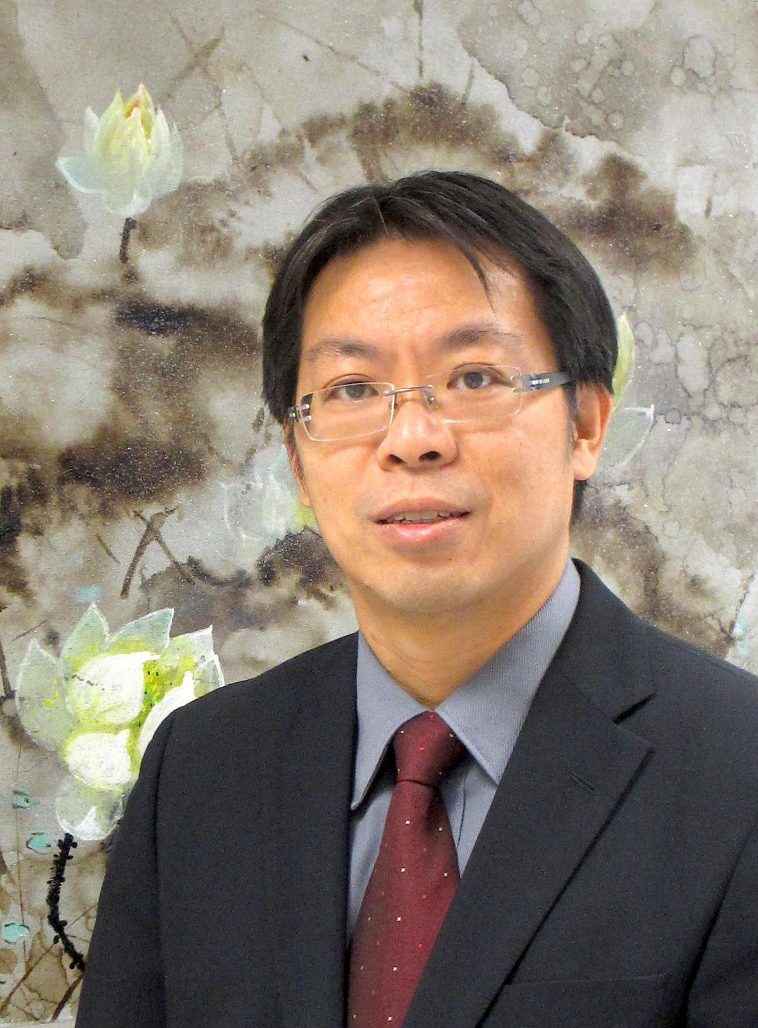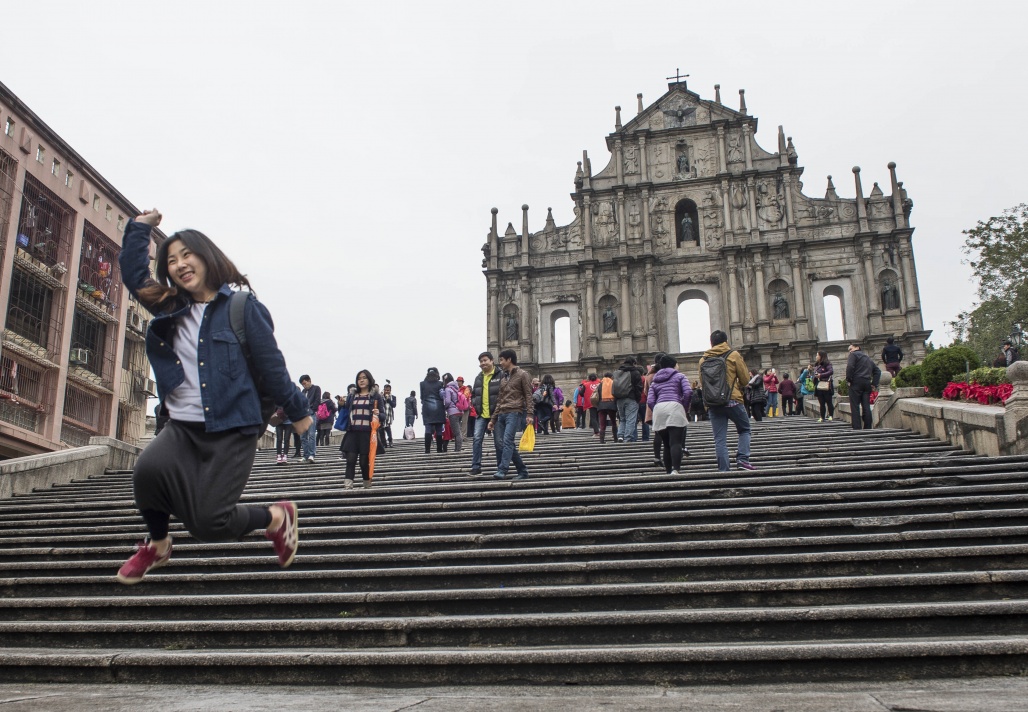[ad_1]

By Desmond Lam
Professor in Integrated Resort and Tourism Management, University of Macau
[email protected]
It’s obvious that mass tourism has its goods and bads, given Macau’s limited geographical size. While it is not perfect, it nevertheless provides a way out of the pains that Macau has suffered during the 3-year long pandemic. Ever since the reopening of Macau to the rest of world in early 2023, visitors to Macau appear to be going through a stage of “revenge exploration” at all levels. Tourist crowds are back in force and spending, exceeding the expectations of many observers. The community as a whole, and the concessionaires in particular, has answered to the call for greater diversity. As such, our city offerings have greatly expanded to meet our visitors’ demands – music concerts, sports competitions, arts exhibition and other MICE events, just to name a few. Still, our source of visitors remains mostly regional. As such, diversification in terms of visitors’ country of origin has been ongoing. Internationalization has become one of the buzz words nowadays, even at the university. Although a tall order, given that the more-economically viable regional visitor groups are an easier and more profitable catch, activities are already in place to promote the city to welcome visitors from the other parts of the world. To build a broader international visitorship, one sector that Macau can continue to tap on is its educational tourism sector.
Educational tourism is a growing trend that combines travel and learning for our visitors. There are more to educational tourism than simply academic and/or classroom activities. It compasses any topics of interest to our visitors and delivers in any format, subject to our creativity. Education tourism not only offers valuable, and often unique, learning experiences for visitors to a city but also presents numerous benefits for the city itself. Beyond the economic benefits in terms of increased tourism revenue, visitors who are here to be educated may bring about more long-lasting impacts to Macau’s social and cultural development.
Visitors to Macau who come to engage in educational activities, whether these are organized by our public and private educational institutions or by private businesses like our concessionaires, contribute to the Macau’s economy in many different ways. They spend money on accommodation, transportation, dining, shopping, and gaming, not only in our integrated resorts but also in local business community. Beside our educational institutions (i.e., universities), UNESCO historical sites, museums, integrated resorts, and MICE activities may all benefit from increased visitorships and spending. Such visitors are potentially more educated, have greater disposable income, and come to Macau with greater purposes.
Currently, Macau is already hosting a number of academic conferences that brings visitors to our city annually. By partnering with renowned universities, research centers and schools, Macau can also attract students, scholars, and experts from other parts of the world. Such collaborations can lead to greater exchange of academic resources and capabilities, elevating the city’s profile as a knowledge-based economy. The presence of interested visiting educational tourists further enrich our local educational ecosystem, fostering a greater intellectual spirit and environment. As a side dish, Macau can then showcase their unique cultural and other city offerings to educational visitors. By actively participating these activities, our education visitors can gain a deeper understanding and appreciation for the city’s heritage and tourism values.

Concessionaires have also chipped into educational tourism, by organizing ad-hoc events, forums and seminars that have educational purposes. But more can be done on a regular basis – we just need to be more innovative and broad-minded. For example, concessionaires and local businesses can expand on educational tourism activities like regular structured workshops on gastronomy, hospitality, arts, music, etc – key areas that each concessionaire are best at. While our Chinese celebrity chef teaches about Macanese cuisines, our sommelier may host a wine tasting class for our international visitors. For greater excitement, why not invite iron or master chefs to teach participants and then feature them in a friendly culinary competition for titles? Moreover, we can also provide a platform for regular short-term sports education or appreciation classes, where sport experts or celebrities are invited to teach everything (in short courses) from tennis, badminton, table tennis, basketball, volleyball, Kin-ball, golf, etc.
Promoting educational tourism provides opportunities for community engagement and social development. In fact, Macau businesses often engage our own local residents to act as guides, instructors and hosts, sharing their knowledge and experiences with the tourists on more academic topics. By involving our local communities in educational programs, we promote social cohesion and involvement. Such interactions can enhance a sense of community pride among residents. Within an integrated resort, for example, full-time employees are often involved in training our visitors. Such interaction enhances a sense of corporate pride and ownership, as employees become active stakeholders in the local educational tourism industry. Additionally, educational tourism programs sometimes include community service initiatives, allowing our visitors to contribute back to local development projects, fostering a greater sense of social responsibility among participants and benefiting our local community. This is a win-win situation for all.
Educational tourism can also promote the sustainable development and environmental awareness of Macau, promoting responsible tourism and environmental education. While Macau’s operators can, in general, tap on educational tourism by educating visitors about the importance of environmental conservation, the Macau Government Tourism Office, given its past experience, can emphasize more on cultural preservation. Due in part to the cost of operating huge entertainment complexes and managing large groups of guests, our integrated resort operators become very experienced in the planning and implementation of eco-friendly facilities and activities. While much of these are adopted from existing knowledge in other countries, others are developed for local conditions. Whether it is water and energy conservation or waste and air quality management, sustainability management tactics are indeed pretty well-developed in Macau. Operators can thus develop educational programs that encourage responsible travel behaviors and instill a sense of environmental and/or social consciousness among our visitors.
The way I look at it, educational tourism is suitable for Macau as it can serve as another powerful tool to unlock economic diversification, cultural exchange and knowledge transfer, community engagement, and sustainable development. It may be yet another way to broaden the type of international visitors whom we attract, beyond our typical regional visitors. This will not only enhance Macau’ global recognition as an intellectual destination, but also foster a sense of pride among our residents and employees. As Macau continues to grow and evolve, seeking avenues for diversification and progress, educational tourism may emerge as a viable force that helps to contribute to our continued development and prosperity.
—END—
[ad_2]
Source link
